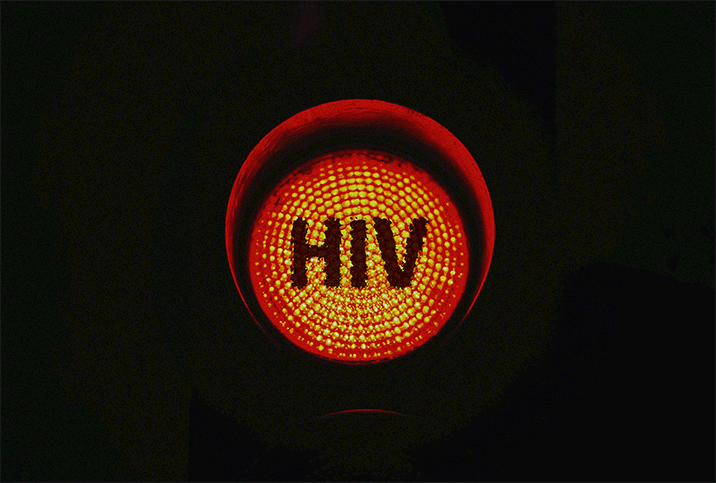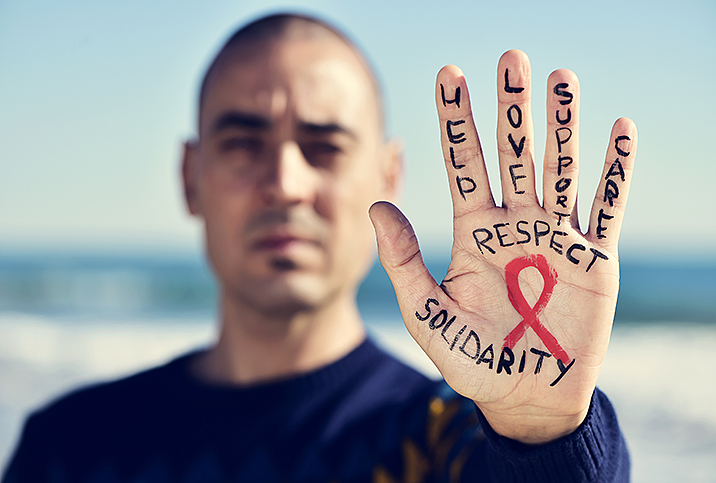How Common STDs Increase the Risk of HIV

Some of the most common sexually transmitted diseases (STDs), such as gonorrhea, chlamydia, trichomoniasis and syphilis, are treated with antibiotics. These infections attack the immune system, often causing sores and pain. Unfortunately, many STDs have no symptoms, which means some people may unknowingly put themselves and others at risk.
The danger extends beyond spreading STDs, as it also increases the likelihood of an infected person contracting or transmitting human immunodeficiency virus (HIV). Studies indicate a person with an STD is two to five times more likely to contract HIV if exposed than a person without an STD. Here are some reasons for that connection:
Sores
Many sexually transmitted infections (STIs) cause an outbreak of sores on the skin of the genitals or other areas. HIV is often initially prevented by our skin. When we have open sores caused by herpes or syphilis, for example, our first barrier against HIV is gone. Herpes is a virus which remains in the body for life. Use condoms carefully and correctly, and try not to engage in sexual acts while experiencing a herpes outbreak. Syphilis is treated easily with antibiotics, but if you have syphilis or any kind of open sores on or near your genitals, get tested for STIs regularly and be familiar with all possible symptoms.
White blood cells
Known as T-cells or helper cells, CD4 cells are white blood cells released by the immune system to fight infection. The higher the CD4 cell count, the more equipped the immune system is to battle infections. STDs such as gonorrhea and chlamydia cause the body to release these white blood cells to treat the infection. Unfortunately, CD4 cells are targets of HIV. If you have a high amount of CD4 cells in your body working to treat a previous infection and then are exposed to HIV, you are more likely to contract HIV.
Genital inflammation
Trichomoniasis is a sexually transmitted parasitic infection that is usually asymptomatic and easily treated with antibiotics once diagnosed. This infection affects 2.1 percent of women and 0.5 percent of men, with those infected more susceptible to HIV. Trichomoniasis causes inflammation of the genitals, which makes it easier to become infected by HIV and easier to transmit HIV to a sexual partner.
HIV prevention
So how do you prevent spreading HIV or making yourself more susceptible to contracting HIV? The answer is simple: regular STI and STD testing is recommended for all sexually active adults. If you have a casual sexual lifestyle and engage with multiple partners throughout the year, getting tested frequently is recommended. Getting tested is the best path to knowing your status and ensuring you're not spreading STIs unknowingly. Additionally, practice safe sex by using protection and communicate with partners about symptoms and history.
Knowing the facts is a significant portion of the battle when it comes to avoiding serious infections. With regular testing and open communication, you can detect common bacterial, viral or parasitic infections, treat them and move on. When you ignore symptoms and statistics or aren't properly informed, you may be contributing to the spread of STDs. Getting tested may be easier than you think and you may be able to get a basic screening for free. Adding this step to your healthcare routine can make a difference in your sex life and add another layer of confidence in your health.

















